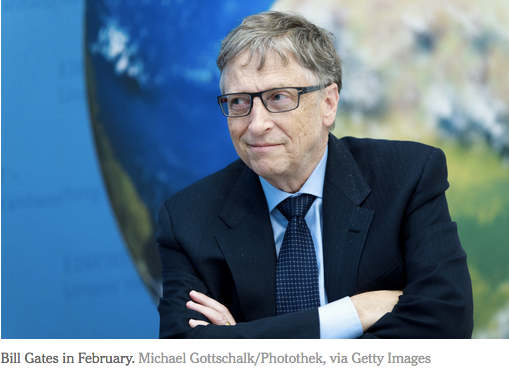It’s not just their money that makes the givers so powerful in public life; it’s also their nimbleness. Answering to neither voters nor shareholders, philanthropists and foundations can move boldly. This freedom sounds like a good thing, and often is. But it can produce actions disruptive to communities, as we saw in Newark, where donors led by Mark Zuckerberg backed a school reform effort that lacked local support. When things go wrong with big philanthropy, citizens have little recourse. The givers are accountable to no one.
Most Americans have yet to consider what the power shift away from government means for United States democracy. When people think of philanthropy, they tend to imagine giving for museums or hospitals. Yet today’s biggest donors aren’t much interested in such old-style charity, aiming instead to make “systemic” changes in society.
Today’s mega-givers keep charging forward. Although the push for charter schools has created both enormous controversy and mixed results, top philanthropists in this field are doubling down. The Walton family is spending $1 billion to promote school choice over the next five years — almost as much as it spent in the previous two decades. A group of funders in Los Angeles are advancing a plan to move half of all K-12 students in that city into charter schools, stirring fierce debate.




